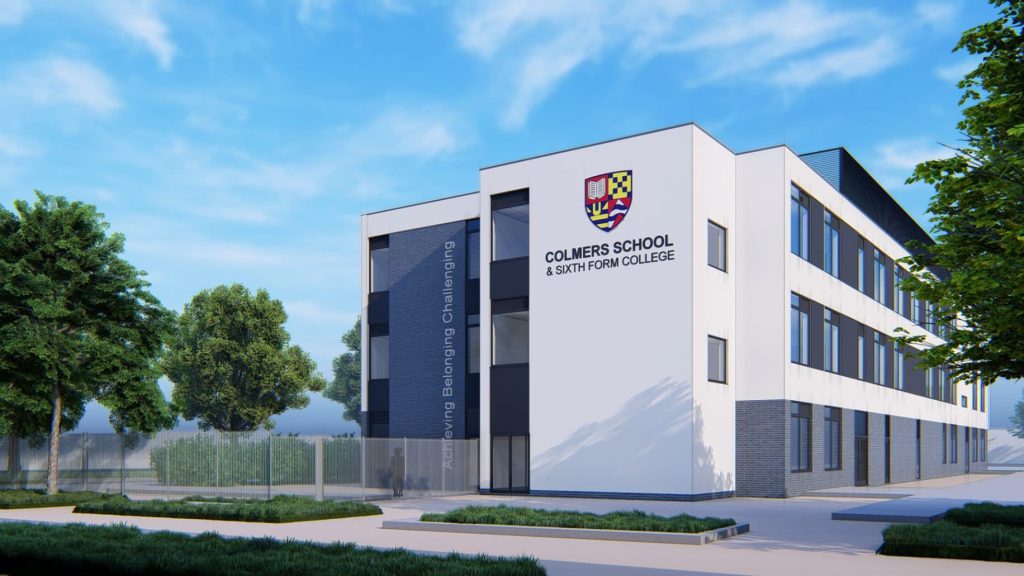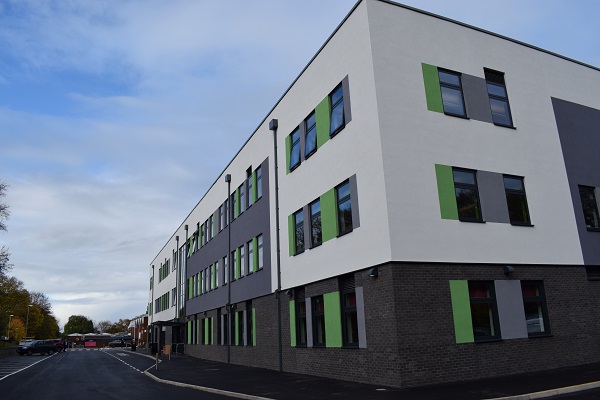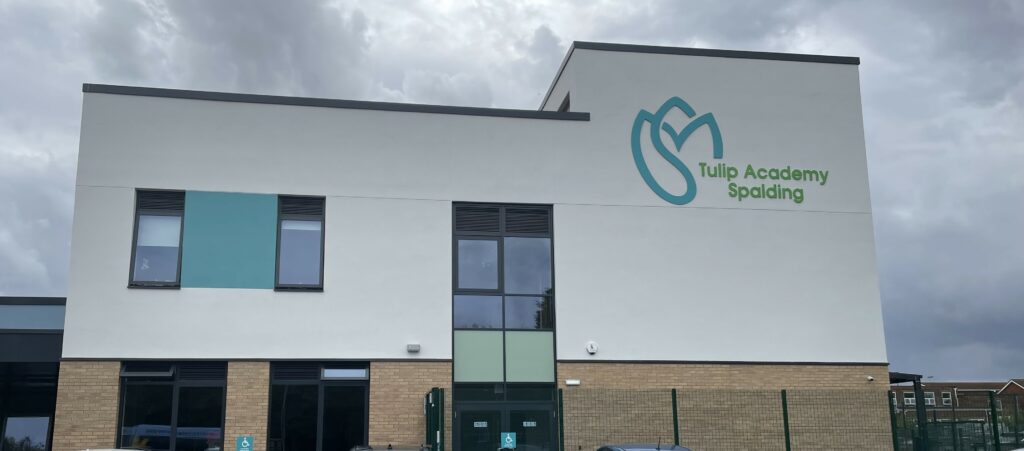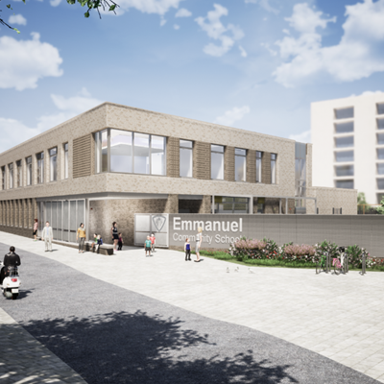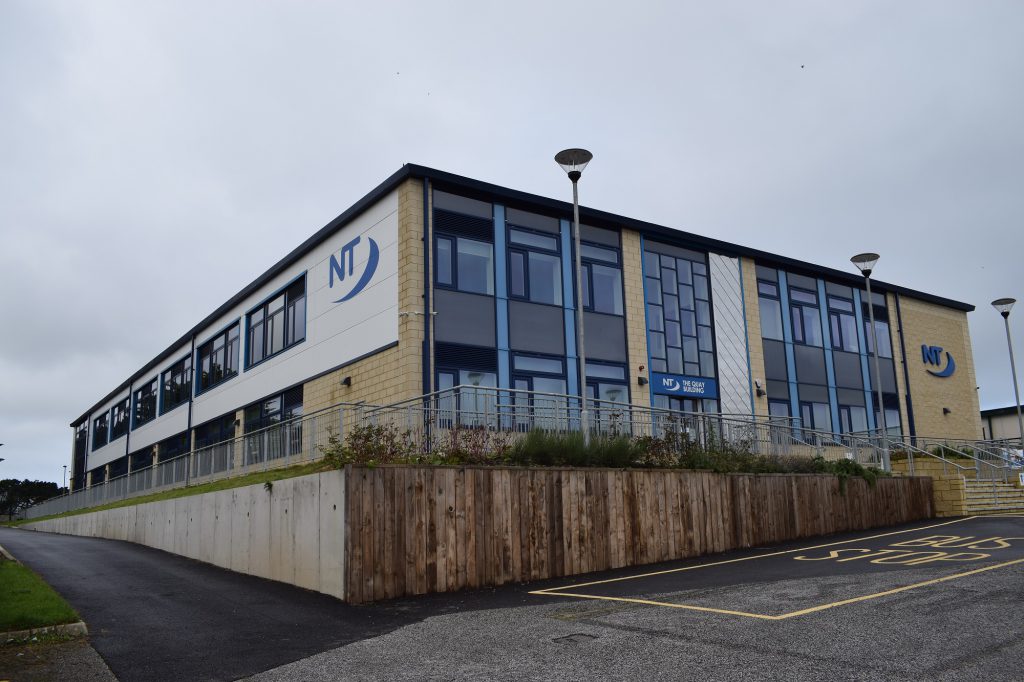Dodd Group has been engaged by Tilbury Douglas Construction to design and install the MEP services to the performance criteria detailed in the 2020 DfE Output Specification at a new build two-storey Special Education Needs school situated in Stoke-On-Trent. The scheme has been chosen as one of the pilot schemes working towards Net-Zero Carbon In Operation (NZCiO) and is therefore also required to achieve Passivhaus ‘Classic’ standard compliance. Dodd Group’s appointment requires us to take the feasibility study provided by the DfE and develop the scheme alongside the Client and wider Design Team through Stages 2 to 5 prior to us carrying out the installation works. In order to reduce energy consumption, a mixed-mode ventilation strategy is being implemented that utilises a central mechanical ventilation system with high-efficiency heat recovery to provide comfort conditions during winter months and maximise the potential for natural ventilation when external temperatures start to rise. The use of heat recovery ensures that useful heat is not wasted through exhaust air and is instead used to warm the incoming, colder air prior to its delivery to the space; this, coupled with highly-insulated building fabric and excellent air permeability, ensures that heating loads are kept as low as possible to the point where, when fully occupied, the building will effectively heat itself in all but the lowest of external temperatures. As external temperatures rise, natural ventilation via opening windows is encouraged which reduces the need for mechanical ventilation. Through the use of variable air volume (VAV) boxes and local temperature and CO2 sensors within all occupied rooms, mechanical ventilation rates are kept to the minimum required to ensure comfort conditions at all times. High efficiency gas-fired condensing boilers are currently being proposed as the heat source for the LTHW heating system, with the system being designed at operating temperatures suitable for the future inclusion of air source heat pumps as the Clients looks to shift towards Net-Zero Carbon In Operation. The inclusion of air source heat pumps as part of the base scheme is currently being discussed with the DfE. To minimise heat losses from domestic hot water systems, all hot water will be generated locally to the outlet through either electric point-of-use water heaters or LTHW-fed heat interface units. This will ensure minimal water storage and circulation heat losses. In order to ensure maximum operating efficiencies at all times, a Building Management System with end-use energy monitoring is being provided. Our works also include the design and installation of the electrical distribution systems, high-efficiency LED lighting, passive voice and data, fire alarm, access control, CCTV and security systems, electric vehicle charging, photovoltaic panels and sprinkler system.
Stoke SEND School – Work In Progress
Stoke
-
£1,628,000M&E Order Value
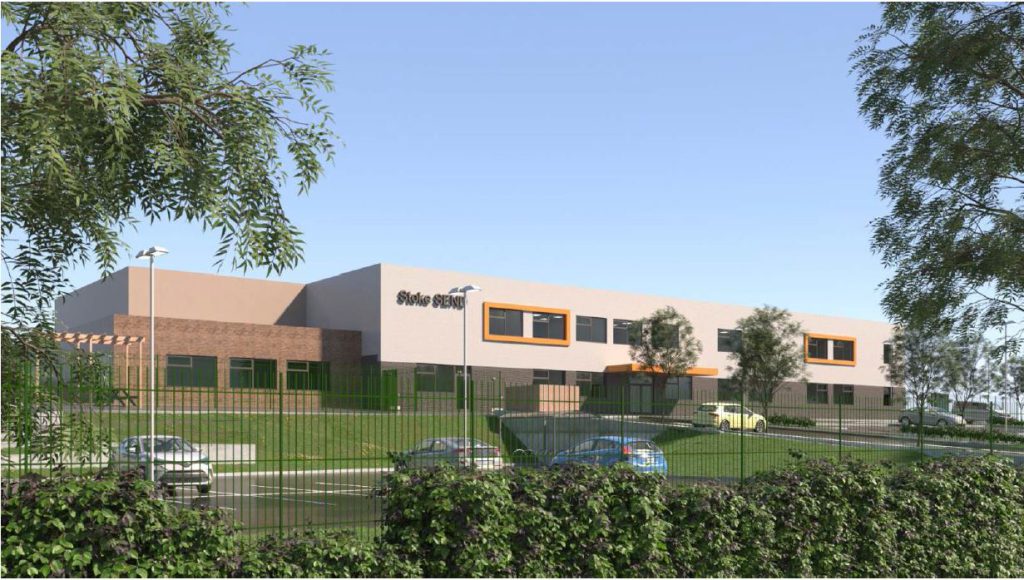
Overview
- Name
- Stoke SEND School - Work in Progress
- M&E Order Value
- £1,628,000
- Contractor
- Tilbury Douglas Construction
- Consultant
- Dodd Group
- ME Design Build
- Dodd Group
- Location
- Stoke
